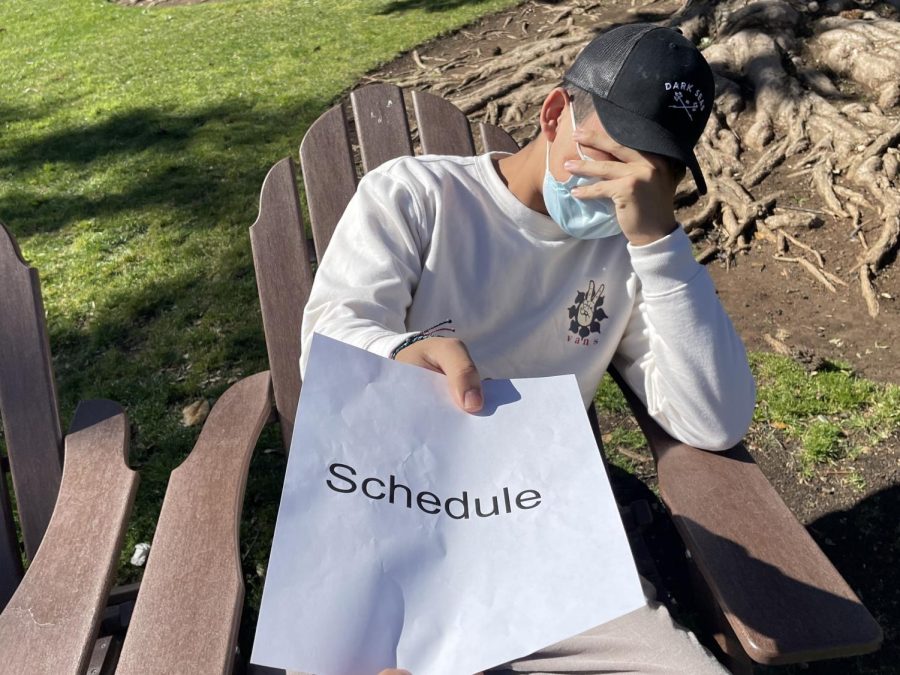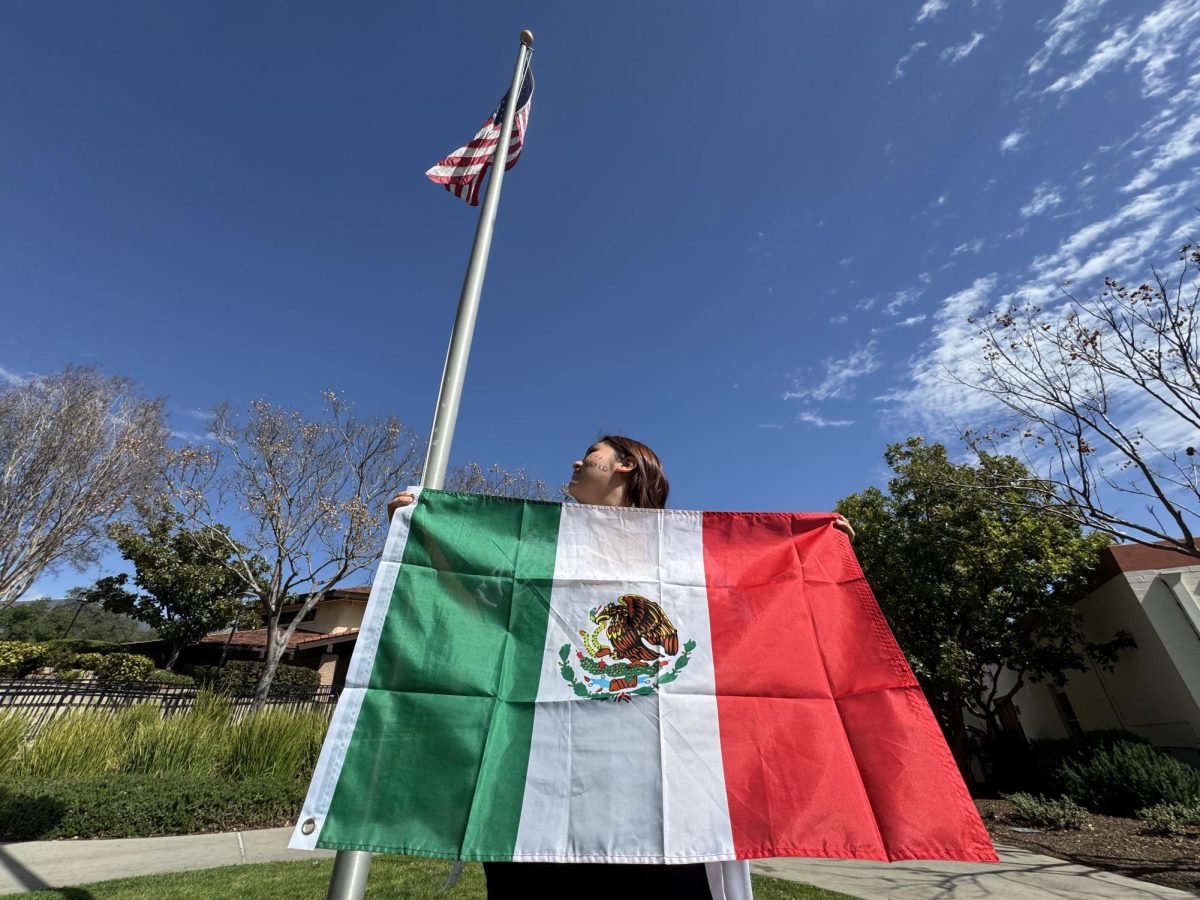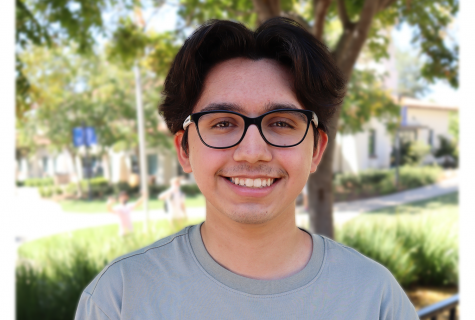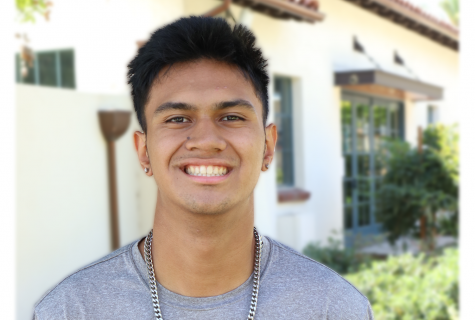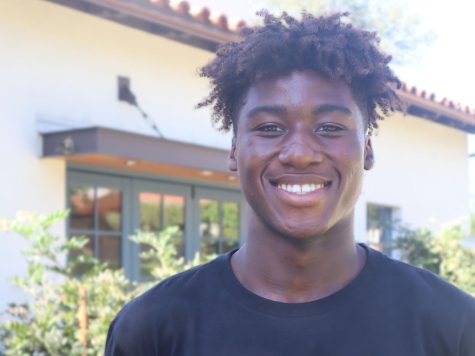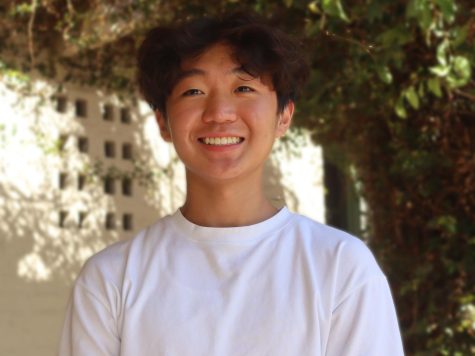This Lunar New Year, February 1st, 2022, came with a lot of changes: new resolutions, new goals, and, most importantly, a new semester to start fresh. This restart is not only metaphorical but very real. Many students have completely different schedules and classes they need to adjust to.
The humanities courses for juniors and seniors are only one semester, meaning students change their classes once the semester ends. However, depending on how many humanities courses a person takes, their schedule may not change as drastically. Some students, like Joseph Ferrari (‘22), only have the blocks with their humanities switched, while others, like Jacob Arias (‘23), have most of their schedules changed.
“My free block is the exact same, D block, but my humanities [courses] changed,” Joseph said. “Since my free block was untouched, my schedule is basically the same with the topics of my humanities classes changing.”
“For me, the schedule change is both good and bad,” Jacob said. “My free block changed from G to F.”
On the other hand, underclassmen are not affected by the semester change because freshmen and sophomores take at least five-year-long courses: two humanities, math, language and an elective course. Therefore, they do not experience schedule or block changes.
“Since I am a freshman, nothing really changes for me,” Joyce Zhao (‘25) said. “All my classes are two semesters long, so I am not affected by the change at all.”
For those who have had class changes, students are typically both excited to become acquainted with their new classmates and learn in a new classroom with a different faculty member. In fact, given that juniors and seniors choose their classes, the humanities courses they change to in semester two are ones they have been highly anticipating since the start of the school year.
The schedule change affects all blocks, including free blocks. Free blocks are especially important for students because they provide countless opportunities, such as relaxing before a significant class, completing homework, and time to catch up on sleep. However, the change in free blocks has caused a problem for some students because of the unequal distribution of block weeks this year — block weeks referring to the block that the week begins and ends with.
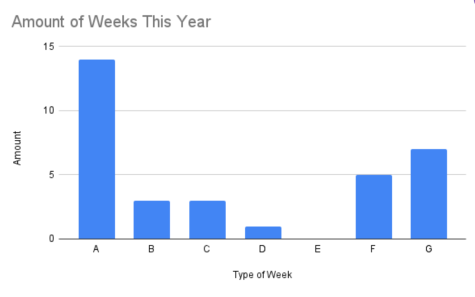
There is an unequal number of weeks this year, but it is not as unfair as it may initially seem. Although there are a lot of A weeks, only four of them are actual full weeks. 73.33% of A weeks are interrupted by breaks or special events, so contrary to what the graph portrays, students with A block free do not get any more free time than anyone else. “It’s definitely misleading,” Chris Rabadi (‘24) said.“But I kind of see why it has to be this way.”
This year, there are a total of 14 A weeks, but absolutely no E weeks. As a result, there are both feelings of disappointment and excitement as students adjust to their new schedules.
“At first I enjoyed having A block free,” Chris said., “But as the year went on, I realized that the A weeks are all at the start of the year and most of the A weeks aren’t even full weeks.”
“It is definitely going to be difficult to adjust to this new schedule, but it is going to be a lot easier than getting adjusted to in–person learning in semester one,” Ryan Weigand (‘23) said.
Given the immense amount of planning and coordination that goes into scheduling every course for every single junior and senior, it is truly remarkable that schedules do not change dramatically every semester. The change in semester two classes is a reminder of Webb’s dedication to ensuring each student has the best outcome with their course selection.


